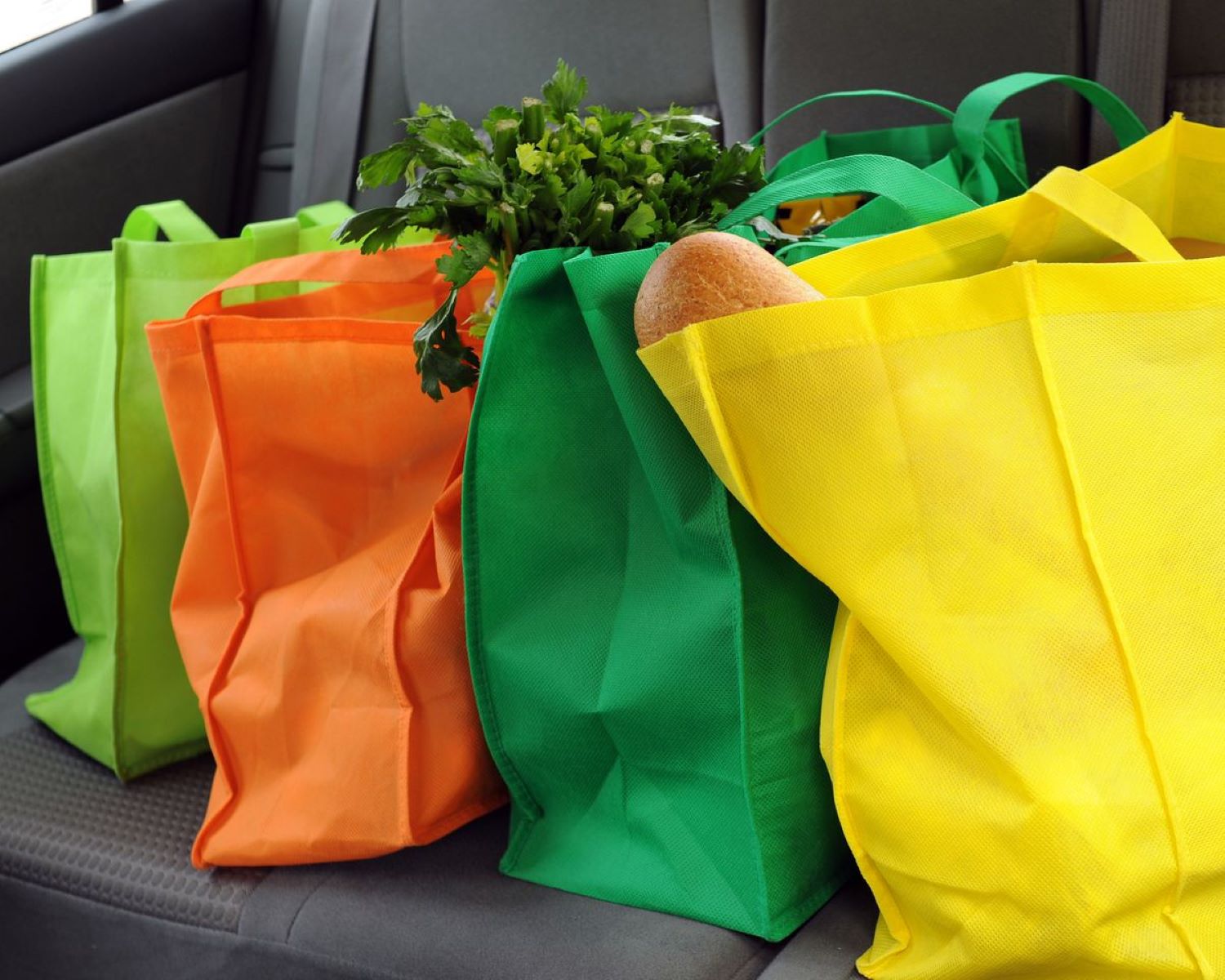

Articles
How To Store Reusable Grocery Bags
Modified: December 7, 2023
Learn how to properly store and organize your reusable grocery bags with these helpful articles. Keep your bags tidy and ready for your next shopping trip.
(Many of the links in this article redirect to a specific reviewed product. Your purchase of these products through affiliate links helps to generate commission for Storables.com, at no extra cost. Learn more)
Introduction
Reusable grocery bags have become increasingly popular in recent years as more and more people strive to reduce their environmental impact and minimize waste. These bags, often made from durable materials such as canvas or recycled plastics, offer a sustainable alternative to single-use plastic bags. Not only do they help reduce plastic pollution, but they also provide numerous benefits for shoppers and the planet alike.
In this article, we will explore the advantages of using reusable grocery bags, discuss how to select the right ones for your needs, provide tips for proper cleaning and maintenance, and offer suggestions on how to store these bags conveniently. By the end, you’ll have valuable insights on how to make the most out of your reusable grocery bags and actively contribute to a cleaner and greener environment.
Key Takeaways:
- Embracing reusable grocery bags not only reduces waste but also saves money, offers convenience, and positively impacts the environment. Make the switch and be part of the solution for a cleaner, greener future.
- Selecting, storing, and organizing reusable grocery bags can enhance their longevity and encourage regular use. Maximize their potential by incorporating them into everyday routines and sharing the benefits with others.
Read more: How To Store Grocery Bags
Benefits of Using Reusable Grocery Bags
Using reusable grocery bags offers a multitude of benefits, both for individuals and the environment. Let’s take a closer look at some of the key advantages:
- Reduced Plastic Waste: One of the primary benefits of using reusable grocery bags is the significant reduction in plastic waste. Single-use plastic bags have a devastating impact on the environment, taking hundreds of years to decompose and often ending up in landfills, oceans, and other natural habitats. By utilizing reusable bags, you can help prevent the harmful effects of plastic pollution and contribute to a cleaner planet.
- Cost Savings: While there is an initial investment when purchasing reusable grocery bags, they can save you money in the long run. Many stores now offer incentives such as discounts or rewards for bringing your own bags. Additionally, reusable bags are designed to be durable, sturdy, and capable of carrying heavier loads than their disposable counterparts, potentially eliminating the need for double bagging or purchasing additional bags.
- Increased Convenience: Reusable grocery bags are often more resilient and spacious compared to flimsy plastic bags. They are designed with reinforced handles, allowing for easier and more comfortable transportation of your groceries. Not only do they offer increased convenience during shopping trips, but they also make unpacking and carrying your groceries into your home a breeze.
- Enhanced Durability: Unlike thin plastic bags that are prone to tearing or breaking, reusable grocery bags are typically made from sturdy materials that can withstand regular use. Whether you’re carrying heavy items or bulky produce, these bags can handle the load. Investing in high-quality reusable bags means they will last longer and reduce the need for constant bag replacements.
- Versatility: Reusable grocery bags are not limited to grocery shopping; they can also be used for a variety of purposes. You can use them for trips to the farmer’s market, to carry books or gym gear, or even for picnic outings. Their versatility means they can reduce the need for other types of single-use bags in your daily life.
- Positive Environmental Impact: By opting for reusable bags instead of single-use plastic bags, you are actively contributing to the preservation of natural resources. The production of plastic bags requires fossil fuels and contributes to greenhouse gas emissions. By reducing the demand for plastic bags, you are helping to conserve energy and minimize the environmental impact associated with their production.
It is evident that using reusable grocery bags offers a range of advantages, from helping to reduce plastic waste and saving money to providing convenience, durability, and positive environmental impact. By making a simple switch to reusable bags, you can make a significant difference and be part of the solution to our planet’s environmental challenges.
Selecting the Right Reusable Grocery Bags
When it comes to selecting the right reusable grocery bags, there are several factors to consider. Consider the following tips to ensure you choose bags that meet your needs:
- Material: Reusable grocery bags come in different materials, such as canvas, nylon, or recycled plastics. Canvas bags are sturdy and durable, while nylon bags are lightweight and easy to fold. Recycled plastic bags are made from post-consumer materials and offer an environmentally friendly option. Consider your priorities, such as durability, weight, and sustainability, when selecting the material.
- Size and Capacity: Assess your typical shopping needs and choose bags that offer enough space for your groceries. Look for bags with ample capacity, sturdy bottoms, and reinforced handles to accommodate heavier items without tearing or sagging. Some bags also feature dividers or compartments to keep fragile items separate.
- Design and Style: Reusable grocery bags come in a variety of designs, colors, and patterns. Choose bags that appeal to your personal style and preferences. Opt for bags with bright colors or distinctive patterns to make them easily identifiable among your collection or while shopping.
- Closure Mechanism: Consider bags with secure closure mechanisms such as zipper tops, drawstrings, or hook-and-loop fasteners. These closures can help prevent spills and keep your groceries secure during transportation.
- Ease of Cleaning: Look for bags that are easy to clean and maintain. Bags that are machine washable or wipeable with a damp cloth are ideal for regular use. Avoid bags that are difficult to clean, as they may become unhygienic over time.
- Brand Reputation: Research and choose bags from reputable brands known for their durable and high-quality products. Reading customer reviews can provide insight into the performance and longevity of the bags.
- Sustainability: If environmental impact is important to you, consider bags made from recycled materials or those that are certified as eco-friendly. Look for certifications such as the Global Organic Textile Standard (GOTS) or the Bluesign Standard, indicating that the bags meet strict environmental and social criteria.
By considering these factors, you can select reusable grocery bags that align with your preferences, shopping habits, and commitment to sustainability. Remember, investing in durable and high-quality bags will ensure they last longer and continue to serve you well on your shopping journeys.
Proper Cleaning and Maintenance of Reusable Grocery Bags
Regular cleaning and maintenance of reusable grocery bags are essential to ensure they remain hygienic, odor-free, and in good condition. Follow these tips to keep your bags clean and extend their lifespan:
- Separate Raw and Cooked Foods: When using reusable bags to transport groceries, always separate raw meats, poultry, and seafood from ready-to-eat foods. Consider using separate bags or compartmentalized reusable bags to prevent cross-contamination.
- Empty and Shake Out Debris: After each use, empty the contents of the bag and give it a gentle shake to remove any loose crumbs or debris.
- Check for Stains: Inspect the bags for any stains or spills. Spot clean as soon as possible using a mild detergent or stain remover. Avoid using harsh chemicals that may damage the bag’s material.
- Machine Wash or Hand Wash: Depending on the material, reusable grocery bags can often be machine washed or hand washed. Refer to the manufacturer’s instructions for specific cleaning recommendations. Use cold or lukewarm water and a gentle cycle or gentle hand wash setting.
- Air Dry: After washing, allow the bags to air dry completely before storing them. Avoid using the dryer, as high heat can damage the bag’s material.
- Store Clean and Dry: Ensure the bags are completely dry before storing them. Moisture can lead to mold or mildew growth. Choose a clean and dry storage area such as a dedicated drawer, shelf, or hanging rack.
- Regularly Inspect for Wear and Tear: Periodically inspect your reusable grocery bags for any signs of wear, such as frayed handles or torn seams. Replace any damaged bags to maintain their functionality and prevent spills or accidents during use.
- Follow Manufacturer’s Guidelines: Always follow the specific cleaning and maintenance instructions provided by the manufacturer. Different materials may require different care methods, so it’s important to adhere to the recommended guidelines.
By following these cleaning and maintenance practices, you can ensure that your reusable grocery bags stay in excellent condition and remain safe for use. Regular cleaning not only keeps the bags hygienic but also helps to eliminate any lingering odors and maintain their longevity.
When storing reusable grocery bags, fold them neatly and keep them in a designated area, such as a basket or hanging organizer, to keep them easily accessible and prevent clutter.
Storing Reusable Grocery Bags in a Convenient Location
Having a designated storage location for your reusable grocery bags is crucial to keep them organized, easily accessible, and ready for your next shopping trip. Consider the following tips for storing your bags in a convenient manner:
- Select a Dedicated Space: Choose a specific area in your home that is easily accessible and allows for the storage of your reusable grocery bags. This can be a pantry, a closet, or even a designated drawer or shelf near the entrance of your home.
- Use Bag Organizers: Invest in bag organizers or holders specifically designed to keep your grocery bags neatly stored. These organizers can be hung over a hook, attached to a wall, or fixed inside a cupboard to maximize space efficiency.
- Fold or Roll the Bags: Fold or roll your reusable grocery bags before storing them to minimize their size and create a more compact storage solution. This will make it easier to fit them into your designated storage space.
- Group by Size or Type: Consider grouping your reusable bags according to their size or type. This allows for easy selection when you need a specific bag for a particular purpose or shopping trip.
- Label or Color Code: If you have a large collection of reusable bags, consider labeling or color coding them to further organize and differentiate between different bags. This will make it easier to find the bag you need quickly.
- Keep Bags Within Reach: Store your reusable grocery bags in a location that is easily accessible and within reach. This will encourage you to grab them when needed and help ensure that you don’t forget them when heading out for shopping.
- Consider Portable Storage: If you frequently find yourself needing reusable bags while on the go, consider investing in foldable or compact bags that can easily fit in your purse or car’s glove compartment. This way, you’ll always have a bag handy whenever you need it.
- Regularly Declutter and Refine: Periodically go through your collection of reusable bags and declutter any bags that are damaged, beyond repair, or simply taking up unnecessary space. This allows you to maintain an organized storage area and ensures that you’re only holding onto bags that are still functional.
By implementing these storage tips, you can keep your reusable grocery bags neatly organized and readily available for your shopping needs. A dedicated storage space not only provides convenience but also encourages you to make the sustainable choice of using reusable bags every time you head out to the store.
Read more: How To Store Plastic Grocery Bags
Organizing Reusable Grocery Bags for Easy Access
Having an organized system for your reusable grocery bags ensures that they are easily accessible and ready to use whenever you need them. Consider these tips for organizing your bags for easy access:
- Sort by Size: Separate your reusable bags based on their size. Place smaller bags within larger ones or use dividers to keep them neatly arranged. This will make it easier to find the right size bag for your specific shopping needs.
- Hang on Hooks or Pegs: Install hooks or pegs on a wall or inside a cabinet to hang your reusable grocery bags. This keeps them visible, organized, and easily reachable. You can categorize the bags by type or use color-coded hooks for added convenience.
- Utilize Bag Dispensers: Use bag dispensers specifically designed for reusable grocery bags. These can be wall-mounted units that hold multiple bags, dispensing one at a time, making it easy to grab a bag whenever needed.
- Designate Bins or Baskets: Allocate a specific bin or basket for your reusable grocery bags. Label or decorate each bin according to the bag’s purpose or type. This keeps the bags contained and allows for effortless retrieval.
- Keep Bags in Your Car: If you frequently use your reusable grocery bags while running errands or going to the store, consider keeping a set of bags in your car. This ensures that you always have them on hand for impromptu shopping trips.
- Stack on Shelves or in Drawers: If you have ample shelf or drawer space, neatly stack your reusable bags within reach. This works well for larger bags that don’t need to be hung. Consider organizing them by color, pattern, or size for easy identification.
- Separate Clean and Dirty Bags: If you have separate bags for different purposes, such as groceries and carrying personal items, keep them separate in your organization system. This prevents cross-contamination and keeps your bags clean and sanitary.
- Maintain a Rotation: To ensure equal use of all your reusable grocery bags, practice a rotation system. After using a bag, place it at the back or bottom of your stack, drawer, or hanging area. This way, you’ll cycle through all your bags and avoid overusing a select few.
With an organized system in place, finding and accessing your reusable grocery bags becomes effortless. Whether you choose to hang them, use dispensers, or keep them in bins or car compartments, organizing your bags ensures they are always within reach and ready to be utilized for your shopping needs.
Minimizing Waste and Maximizing Use of Reusable Grocery Bags
Maximizing the use of your reusable grocery bags and minimizing waste goes beyond just using them for grocery shopping. Here are some ideas to make the most out of your bags:
- Use Them for Other Shopping Trips: Take your reusable grocery bags with you whenever you go shopping, not just for groceries. Use them for trips to the farmers’ market, the mall, or even when picking up takeout food. This way, you’ll avoid accumulating extra plastic or paper bags.
- Keep Bags in Your Everyday Bag: Fold up a small reusable bag and keep it in your purse, backpack, or briefcase. This way, you’ll always have a bag handy for unexpected purchases.
- Share Bags with Friends and Family: Encourage your friends and family members to use reusable grocery bags as well. Consider gifting them bags or starting a bag-sharing program. This way, everyone can contribute to minimizing waste and maximizing the use of reusable bags.
- Donate Extra Bags: If you find yourself with a surplus of reusable grocery bags, consider donating them to local community organizations, food banks, or shelters. They can distribute the bags to those in need or use them for their own operations.
- Repurpose Old or Damaged Bags: If you have bags that are no longer suitable for grocery shopping, repurpose them for other purposes. Use them as storage bags, picnic or beach bags, or even as gift bags. Get creative and find new ways to give your bags a second life.
- Educate Others: Spread the word about the benefits of using reusable grocery bags and how they can help reduce waste. Share your knowledge with friends, family, and coworkers, and encourage them to make the switch to reusable bags as well.
- Practice Good Bag Habits: Develop good habits when it comes to using your reusable grocery bags. Remember to bring them with you when you go shopping, fold and store them properly after use, and keep them clean and well-maintained.
- Share Your Successes: If you’ve successfully reduced your use of plastic bags by using reusable grocery bags, share your experience with others. Post on social media, write a blog post, or participate in local community events to inspire and motivate others to make the switch to reusable bags.
By actively seeking ways to maximize the use of your reusable grocery bags and sharing your knowledge with others, you’ll not only reduce waste but also encourage a more sustainable lifestyle. Embracing these practices contributes to a greener and cleaner environment for future generations.
Conclusion
Using reusable grocery bags is a simple yet impactful way to reduce waste, minimize plastic pollution, and make a positive contribution to the environment. By understanding the benefits of reusable bags, selecting the right ones, and practicing proper cleaning and maintenance, you can ensure their longevity and effectiveness. Storing and organizing your bags in a convenient manner makes them easily accessible and promotes their regular use.
Minimizing waste and maximizing the use of reusable grocery bags goes beyond just grocery shopping. Incorporate them into your everyday routine, and encourage others to do the same. By sharing the benefits and educating others about the importance of reusable bags, we can collectively make a significant difference in protecting our planet.
Remember, every small action adds up. By embracing reusable grocery bags and making conscious choices, we can actively contribute to a cleaner, greener, and more sustainable future. So, make the switch to reusable bags today and be a part of the solution!
Frequently Asked Questions about How To Store Reusable Grocery Bags
Was this page helpful?
At Storables.com, we guarantee accurate and reliable information. Our content, validated by Expert Board Contributors, is crafted following stringent Editorial Policies. We're committed to providing you with well-researched, expert-backed insights for all your informational needs.
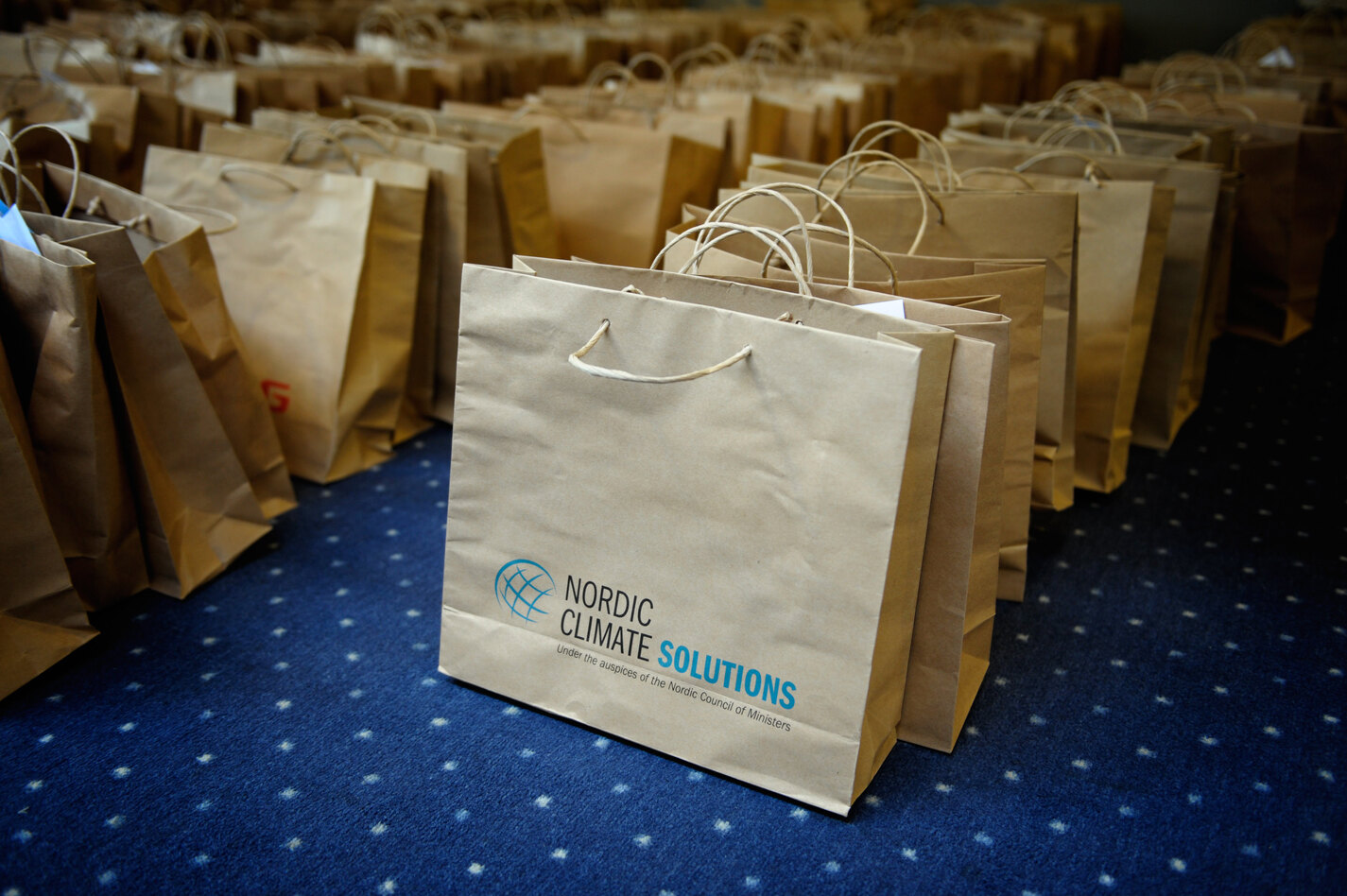

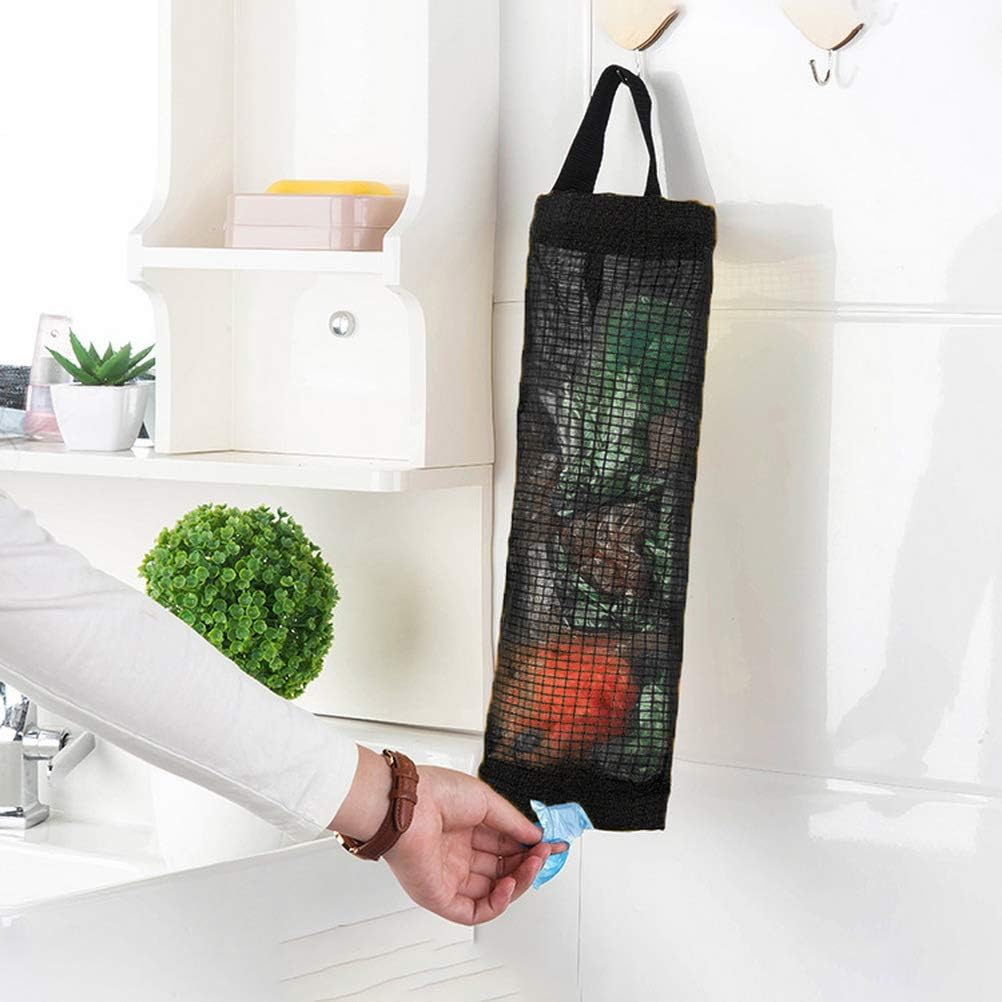
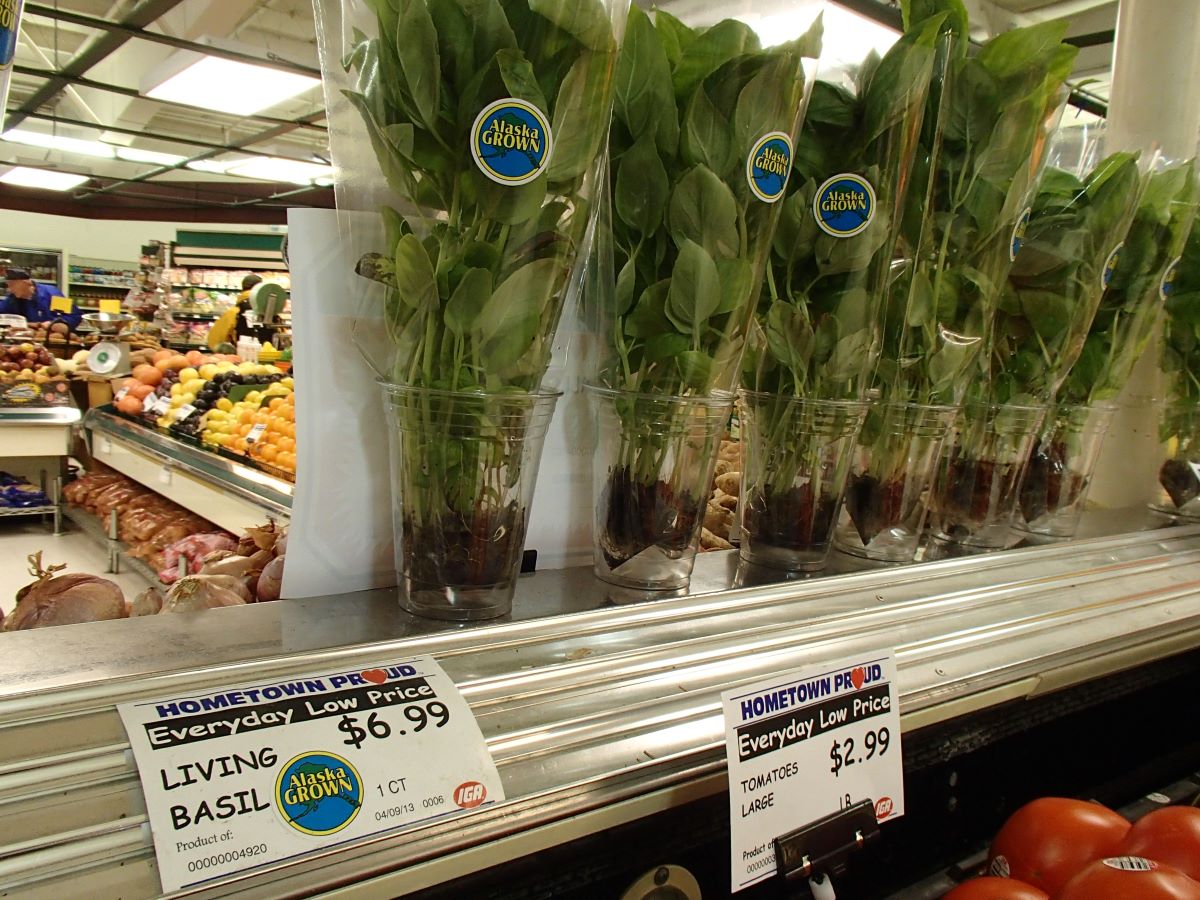
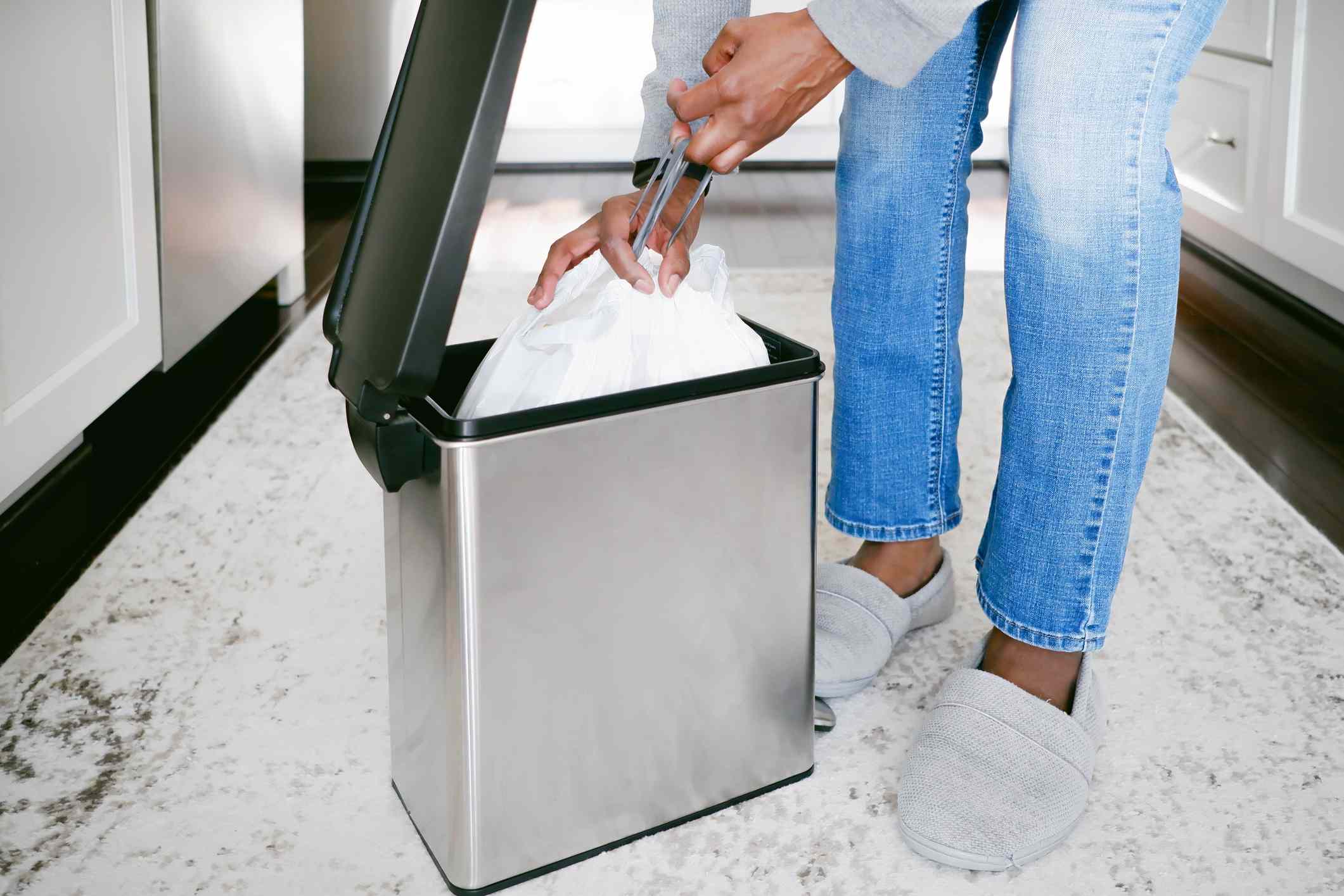

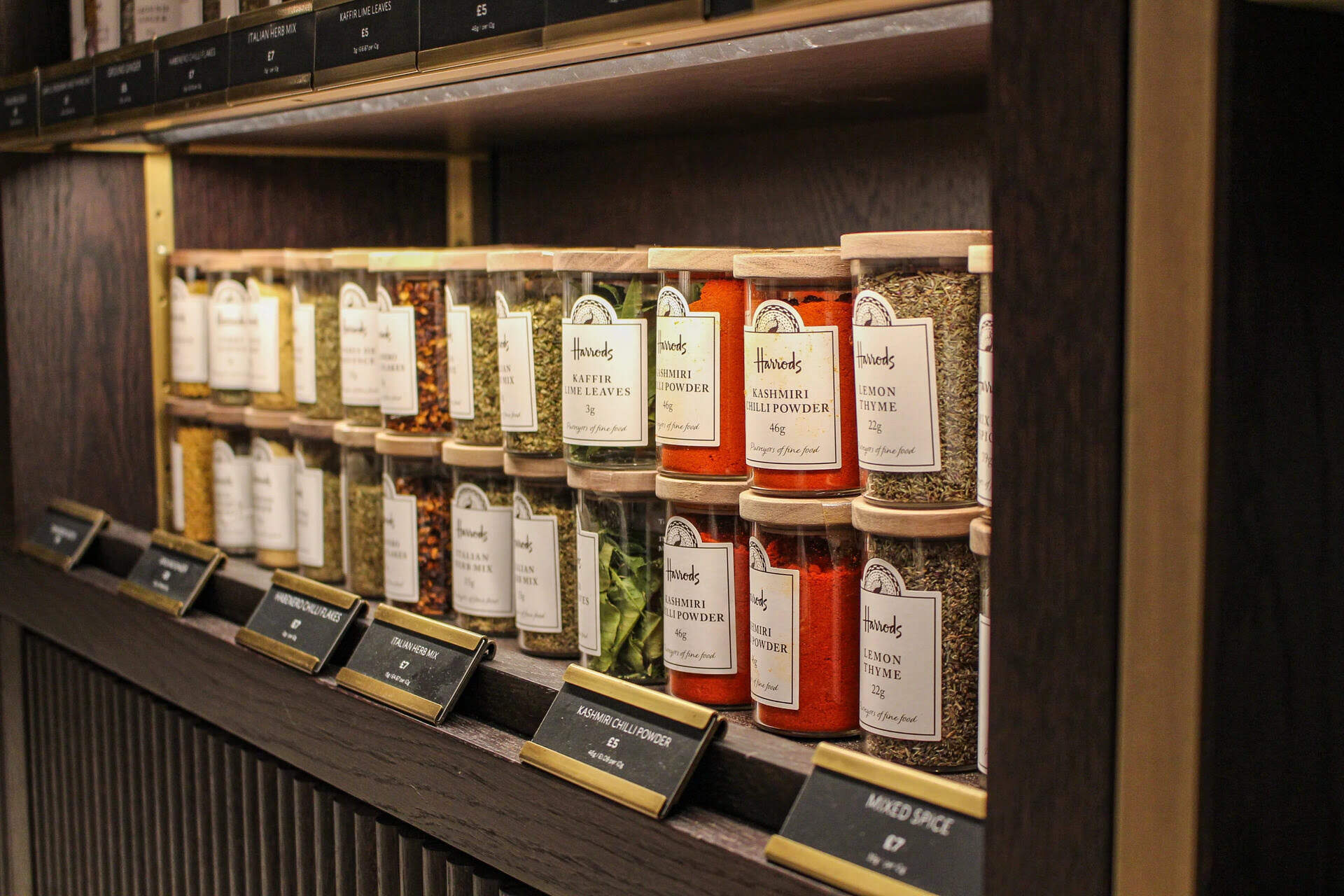
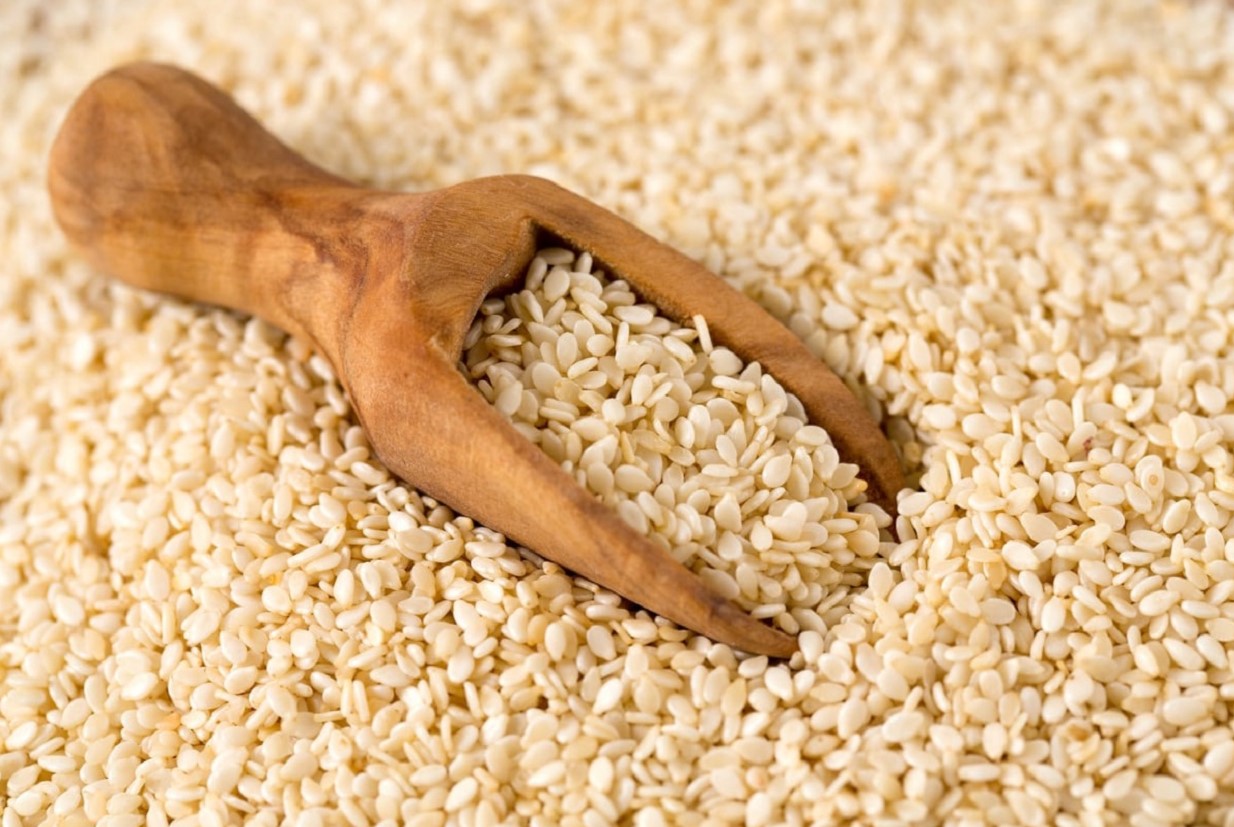

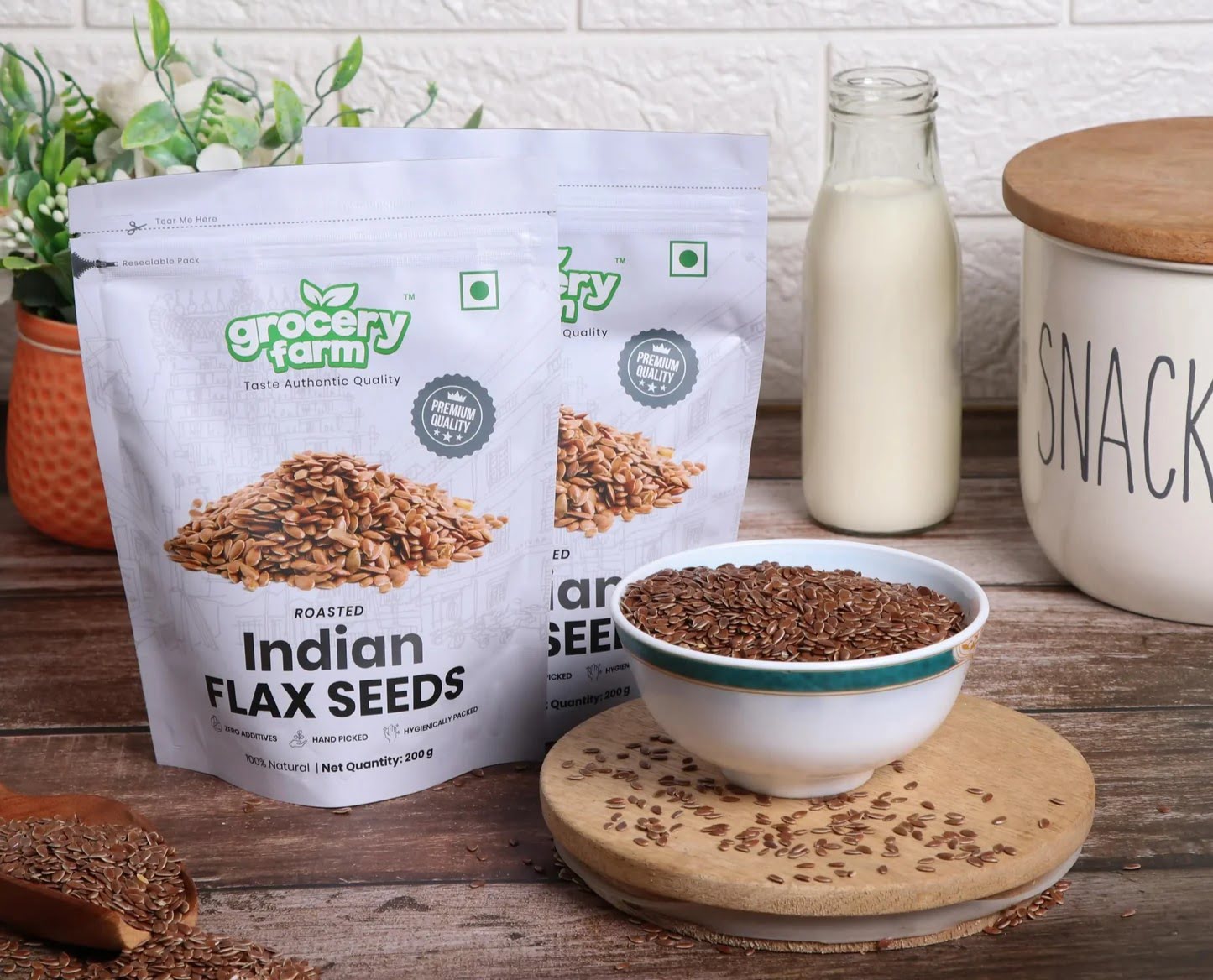


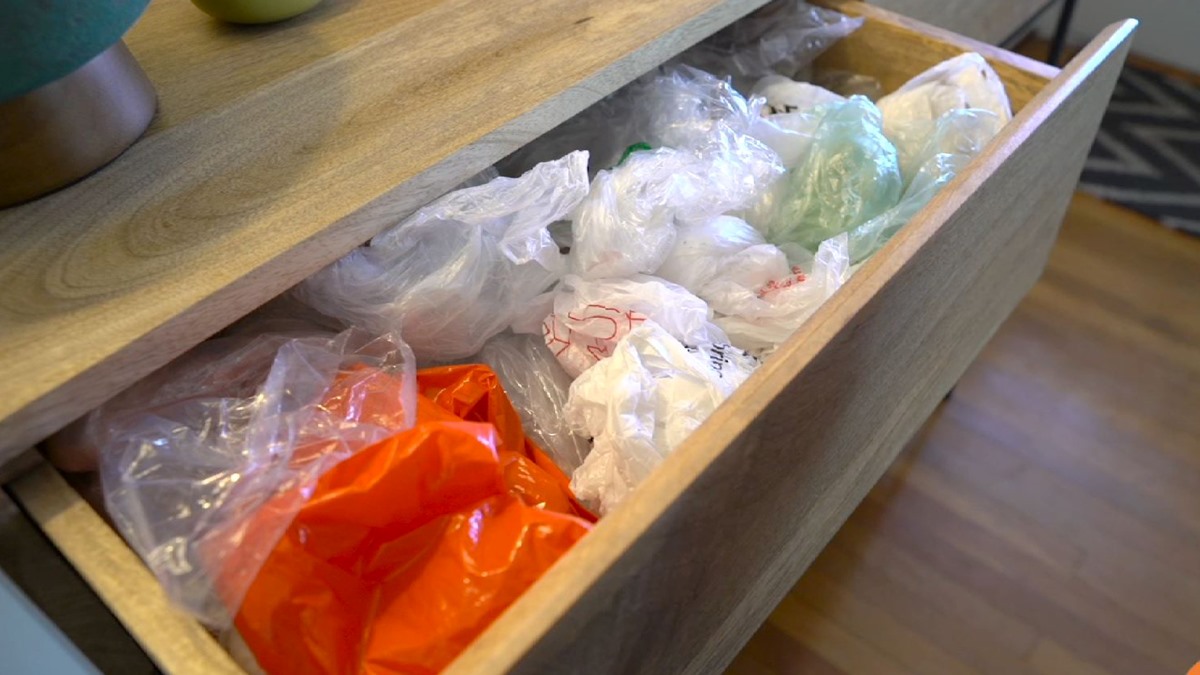


0 thoughts on “How To Store Reusable Grocery Bags”